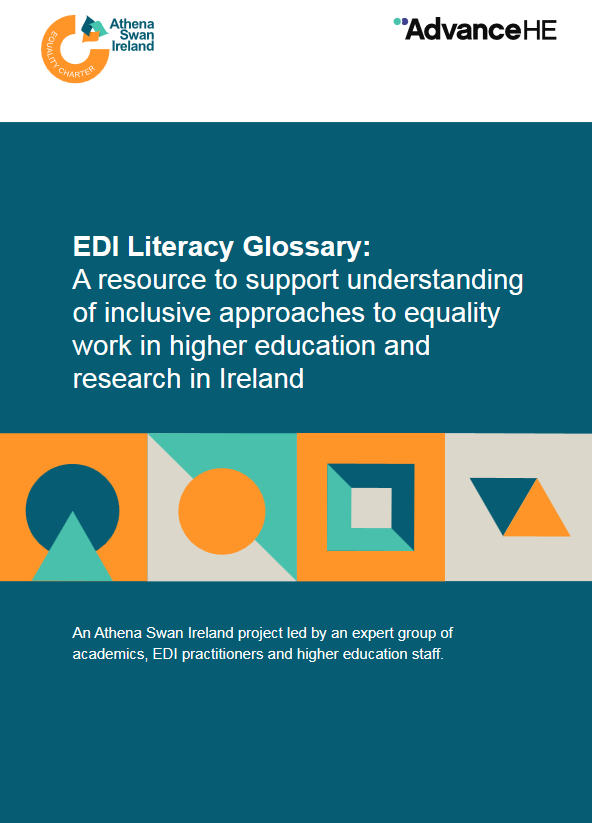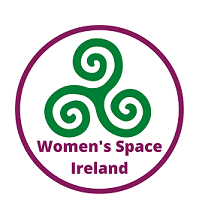Stifling academic freedom in Ireland
By September of 2022 Advance HE in Britain, who operate Athena Swan, had dropped the requirement to foster ‘collective understanding’ from the UK Principles. However, crucially, collective understanding about gender is still required in Ireland.

‘Collective Understanding’ as Collective Silence
Photo credit: Ernie A. Stephens on Unsplash
by Colette Colfer
There is a paradox at the heart of the Irish higher education system when it comes to academic freedom. On the one hand the Universities Act 1997 states that universities have the responsibility to preserve and promote the principle of academic freedom. On the other hand, every university in Ireland is compelled to sign up to the Athena Swan Ireland Charter requiring that they commit to ‘fostering an environment that creates collective understanding’ on the topic of gender. Can we have academic freedom whilst cultivating collective understanding on any issue, let alone a topic as contested as gender?
The term ‘gender’ is complex. Mari Mikkola writing for the Stanford Encyclopedia of Philosophy points out that the word means different things to different people and is neither ‘easy or straightforward to characterise’. Yet, in Irish universities all staff and students are expected to think the same when it comes to gender.
Up to the twentieth century, gender was primarily associated with linguistics. In the 1950s and 60s the neologisms ‘gender role’ and ‘gender identity’ emerged, and around the same time, ‘gender’ came to be used more and more interchangeably with ‘sex’ to refer to biological differences. Many feminists adopted the term ‘gender’ to refer to what are believed to be socially produced differences between men and women. The word is still contested. In Irish universities, however, evolution of the term has stalled. The issue is settled. The debate is over. Compliance is required.
Principle 8 of the Athena Swan Ireland Charter requires all higher education institutions (HEIs) to adopt the idea ‘that individuals can determine and affirm their gender’. This means university staff and students are expected to believe that gender is NOT biological AND that it is mutable. Ironically, the ‘discriminatory ground’ for gender in Ireland’s Equal Status Act of 2000 is: ‘that one is male and the other is female’ (i.e. the sex binary).

Athena Swan Ireland Principle number 8 also requires that university policies and practices are cognisant of the experiences of non-binary people. This implies that staff and students must believe that gender is NOT a binary. How can anyone claim that there is academic freedom in Ireland whilst this Athena Swan Principle is in place?
Last week, the University of Sussex in the UK was fined over half a million pounds for breaching freedom of speech rules. The higher education regulator, the Office of Students (OfS), issued the record £585,000 fine after determining that the University’s Trans and Non-Binary Equality Policy Statement failed to uphold freedom of speech and academic freedom. The investigation also found that a ‘chilling effect arose’ as a result of the Policy Statement and that the policy resulted in ‘the potential for staff and students to self-censor and not speak about or express certain lawful views’.
The investigation into the University of Sussex was initiated after Philosophy Professor Kathleen Stock left the University following protests against her views on gender. Stock wrote about why sex matters for women in her 2022 book Material Girls. In an article published in The Sunday Times, Stock is said to now describe herself as a ‘recovering academic’ and Stock explains that her opposition to self-ID was in part because she is a lesbian and knows that biological sex matters. She is quoted as saying ‘I didn’t believe in the power of words utterly to change reality’.
Arif Ahmed, who now works as Director for Freedom of Speech and Academic Freedom at the Office for Students in England, wrote an article for Spiked in May 2022 in which he was critical of the Athena Swan Charter (the UK version) that required institutions to agree to ‘fostering collective understanding that individuals have the right to determine their own gender identity’. He wrote: ‘Surely the job of a university is to facilitate open debate – not to ‘foster collective understanding’ on any controversial matter’. By September of 2022, Advance HE which operates Athena Swan, had dropped the requirement to foster ‘collective understanding’ from the UK Principles. However, crucially, collective understanding about gender is still required in Ireland.
The Athena Swan Ireland Charter requires universities to collect data (lots and lots of data) and to develop huge unwieldly ‘action plans’ outlining plans and successes in implementing the Charter principles. This emphasis on information and data collection can lead to a bureaucratic overload and more managerial positions that arguably arise at the expense of teaching positions and lecturing staff who often work in precarious positions with short-term temporary contracts.
The UK organisation Advance HE, which operates the Athena Swan Ireland Charter, provides reams of information for Irish Higher Education Institutions (HEIs) who are under pressure to fulfill the requirements to achieve Athena Swan ‘awards’ (there are gold, silver and bronze awards – akin to the naming of medals that used to be given to children on primary school sports days). An ‘equality diversity inclusion’ glossary for Irish HEIs cites the Transgender Equality Network Ireland (TENI) in the definition for ‘sex’ as advising that it is more accurate and respectful to use the phrase ‘sex assigned at birth’ rather than the phrase ‘biological sex’.


The Athena Swan Ireland Charter is ‘celebrating’ ten years in Ireland this year. Few, if any, seem to be taking notice about the ongoing erosion of academic freedom in Irish universities.
I have been writing about the topic since 2021. I naively believed that once I had highlighted the problems with Athena Swan, that politicians and the Higher Education Authority and research funding bodies would acknowledge the risks to academic freedom and make the necessary changes. Senator Rónán Mullen even raised the issue in the Seanad (Senate) in February 2024. But nothing has changed.
There is a stifling of debate on the topic of gender in Irish higher education institutions. Partly, I suggest, this is because people want to be kind and believe that it is kind to be silent. The dominant narrative is that to even speak about gender can potentially cause emotional distress. Even questions, apparently, can be upsetting. However, what if kindness, when it comes to gender, involves open civil debate, respectful dialogue, and engaging with the latest evidence, rather than silencing and censorship?
We need to think of society at large as well as vulnerable individuals who could be damaged rather than aided by this culture of censorship and silence. As Arif Ahmed said in his 2022 article ‘well-intentioned incentives can misfire. When you reward people for certain outcomes, they will pursue them by methods that you never foresaw, and with side effects that you never intended’.
For more by Colette Colfer, see her Substack at https://colettecolfer.substack.com/


